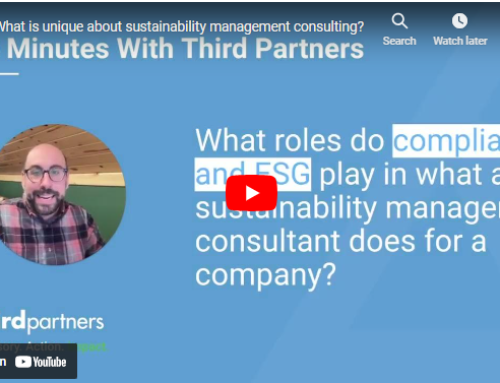What is Wishcycling?
The portmanteau “wishcycling” refers to when people with good intentions throw non-recyclable items into a recycling bin, wishing for them to be recycled. This aspirational behavior can backfire, contaminating actual recyclables and resulting in more items going to a landfill than otherwise would. Furthermore, the presence of non-recyclable items can pose hazards to workers or stall all recycling activity in a materials recovery facility (MRF), where the items are being processed.
Examples of commonly wishcycled items include:
- Used containers from food and beverages, with residue (e.g., pizza boxes, coffee cups)
- Shredded paper (depending on location; sometimes acceptable in bags)
- Styrofoam (recycling programs are rare)
- Medical waste (e.g., needles)
What About Biodegradable Products?
Similarly, well-intentioned individuals and organizations buy products that are labeled as biodegradable but that may truly behave like petroleum-based plastics and end up in places (e.g., beaches, ocean) where they do not break down. We could coin a term for these products: “wishdegradable.” Exceptions are nuanced; for example, some items are compostable at industrial composting facilities, although curbside collection in many communities does not include industrial composting.
Examples of common wishdegradable items include:
- Shopping bags
- Beverage bottles
- Food service ware (e.g., takeout containers)
How Can Your Brand Avoid Wishcycling Issues?
Below are some examples of how you can help to ensure that your organization steers people away from wishcycling and wishdegrading:
- On labels and packaging, use clear instructions for how consumers should dispose of it (e.g., How2Recycle), instead of making broad claims about recyclability or biodegradability
- Tailor your labels, materials, and practices to the countries and regions your brand serves, acknowledging that the local guidelines for recycling and composting differ
- Where feasible, discourage or ban single-use plastic products, to bypass any confusion about how to dispose of them
- Promote a circular economy through take-back/reuse programs
Third Partners can help your organization to develop a responsible waste management strategy, as part of your broader sustainability and CSR strategy. Contact us for a free consultation.



